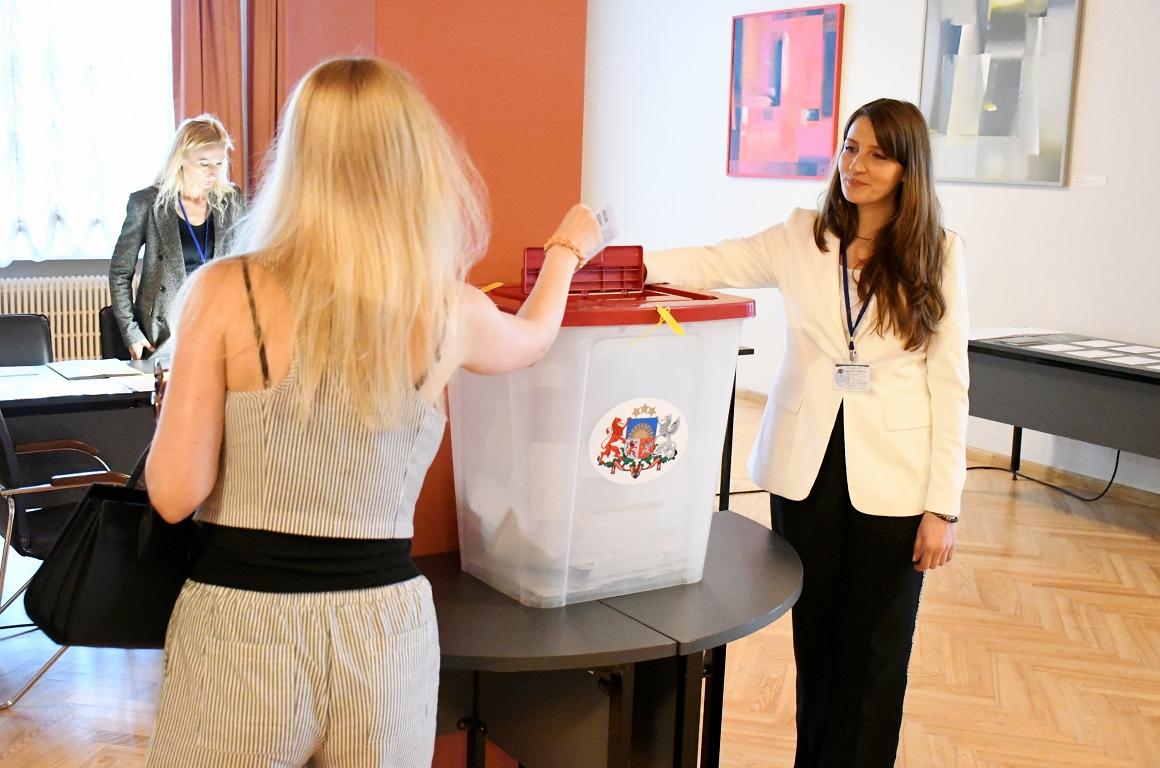A fraudulent cat that cost 60,000 euros | Spain

They played with affection, with the buyer’s desire to soon receive their pet at home, or the concern that the animal could be abandoned in the middle of a customs, to ask for a little more money. They made a single person paid up to 60,000 euros for a cat that the investigators suspect that it did not even exist. Police have arrested in Bilbao this March to a group of scammers to which 150,000 euros are investigated to 15 people through false ads for the sale of pets. Thanks to the complaints of the victims, who never came to see the animals, the agents were able to arrest 16 involved in a cybetheaf network.
“It’s very similar To the fraud of love”, Says one of the researchers, in reference to the scams in which the victims who are maintaining a romantic relationship with people of very attractive profiles and those who end up emptying the current account with different excuses are believed. In this case, the hook was the love for this pet. The victims of the dismantled group in Bilbao are throughout the country, according to police sources.
Those arrested had a web page activated in which they offered these pets, but also used platforms for purchase and sale of internet items. Researchers do not come into details about the characteristics of promised pets and for which exorbitant amounts came to disburse. One of the most successful dog breeds are the Chihuahuas (whose prices start from 800 euros in hatcheries) and among felines with more pull in the network is the Egyptian cat (Sphynx)that has no hair and is around 1,000 euros. « They tried to accommodate their offer to general taste. What they are looking for is the maximum number of victims. It is a drag fishing, » summarizes the researcher consulted. « More than 1,500 euros for a cat, regardless of the race, a scam would be considered, » contributes a breeder consulted.
Once scammers managed to capture customer attention, they were asked to continue talking through WhatsApp. And there, in an environment in which it was more difficult to follow the trail, they began to manage the first payments. « They always communicate in writing, they do not usually record audios so as not to leave a trace, » says the researcher. False pretexts were invented to keep the illusion of the buyer alive and continue receiving money. One day they can be the rates of a flight, another that the animal needs a transport or a special cage, the next that the regulation of the country of origin has changed and a new vaccine is needed. The victim who came to deliver the 60,000 euros told the Police that he had « lost the account » of what had entered them. It was the researchers who added the payments until they reached this large sum.
The ads were kept active for a time and when they stopped working, they were modifying or looking for new channels. The researchers believe that the Basque Country group had been acting for about two years. Those arrested performed different functions, from whom they talked to the alleged buyers, to whom they devised the ads or those who contributed their identities to make payments to their names, and that are known as mules. A sample of how greedy they had the system was that they withdrew the money quickly as they received it, so that they could not follow the trace. Some of the detainees had a history of similar scams and others, for robberies in housing or related crimes. « It is a very lucrative crime and we have detected that some are leaning for it because they are exposed to a lower penalty than with other crimes against property, » said police sources.
Deconfied from the cheap
The complaint of those affected is key to investigating them. The agents advise those affected to collect all the information, including screenshots of the conversations with the scammers, and that when they are going to file the complaint they have scored a story so that they do not stay out were any relevant data. Those who consider buying a pet through these channels ask them to inform themselves of the usual pet prices and distrust if they find an excessively cheap ad.
The Spanish Feline Association, which among other tasks defends the interests of the Spanish breeders, has been noticing from the pandemia a greater interest in the adoption of cats and has also detected the presence of people who go through breeders. « We always advise the consumer to ask for the pedigree, because it is a guarantee that this breeder follows a regulation, what they ask in what association is the breeder and call to verify it, » explains Luis Calvo, its president. Calvo emphasizes that, against the belief that it is very expensive, it is around 15 euros. « We are the eldest interested in giving guarantees, » he adds. In the association they have dealt with people victims of scams and have detected the use without permission of photographs on social networks, especially outside of Spain, announcing the sale of specimens that were known to them.
The FACUA consumer organization recommends the adoption of pets so as not to commercialize animals. For cases where the purchase is chosen, remember some keys to the Animal Welfare Law, Approved in 2023, such as that only registered and authorized breeders can be acquired or that in the advertisements of animals on the Internet, the breeder registration number or the zoo core of the sales establishment, as well as the animal’s identification number, must be compulsory. Purchase and sale platforms, according to this legal norm, must verify the veracity of the seller’s data.
The scams on-line They suppose 88% of all cybercriminality and almost 17% of all crime recorded in 2024, according to the statistics of the Ministry of Interior. In these cases, a large number of cases are included, such as false employment proposalsthe scams of love or those of the son in troublein which the scammer passes through a relative close to the victim to ask him to enter money because he is in an emergency situation, or the fraudulent uses of the platform of Bizum payments, among many others.







:format(webp)/s3/static.nrc.nl/images/gn4/stripped/data133280221-bb4cba.jpg)
